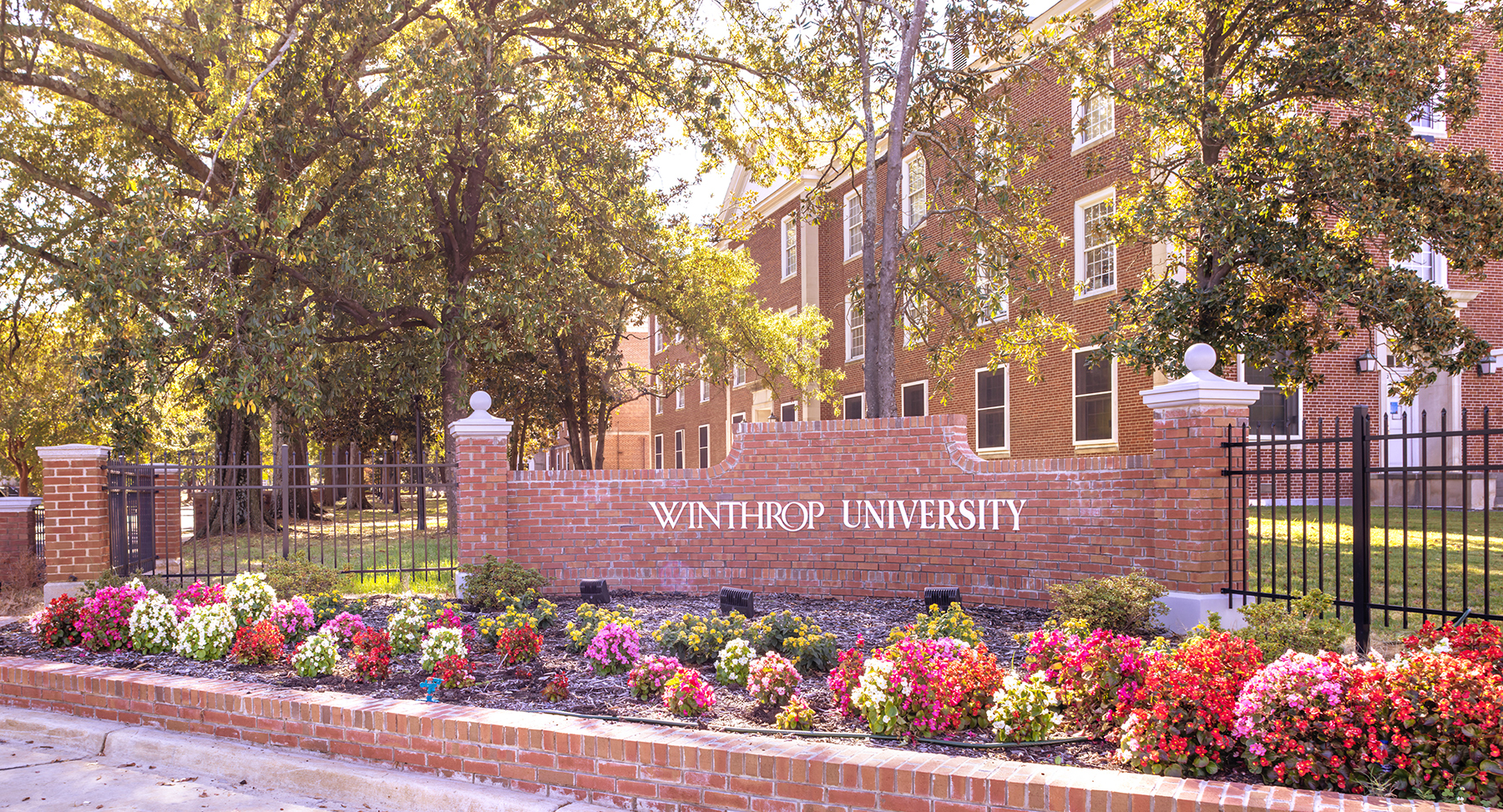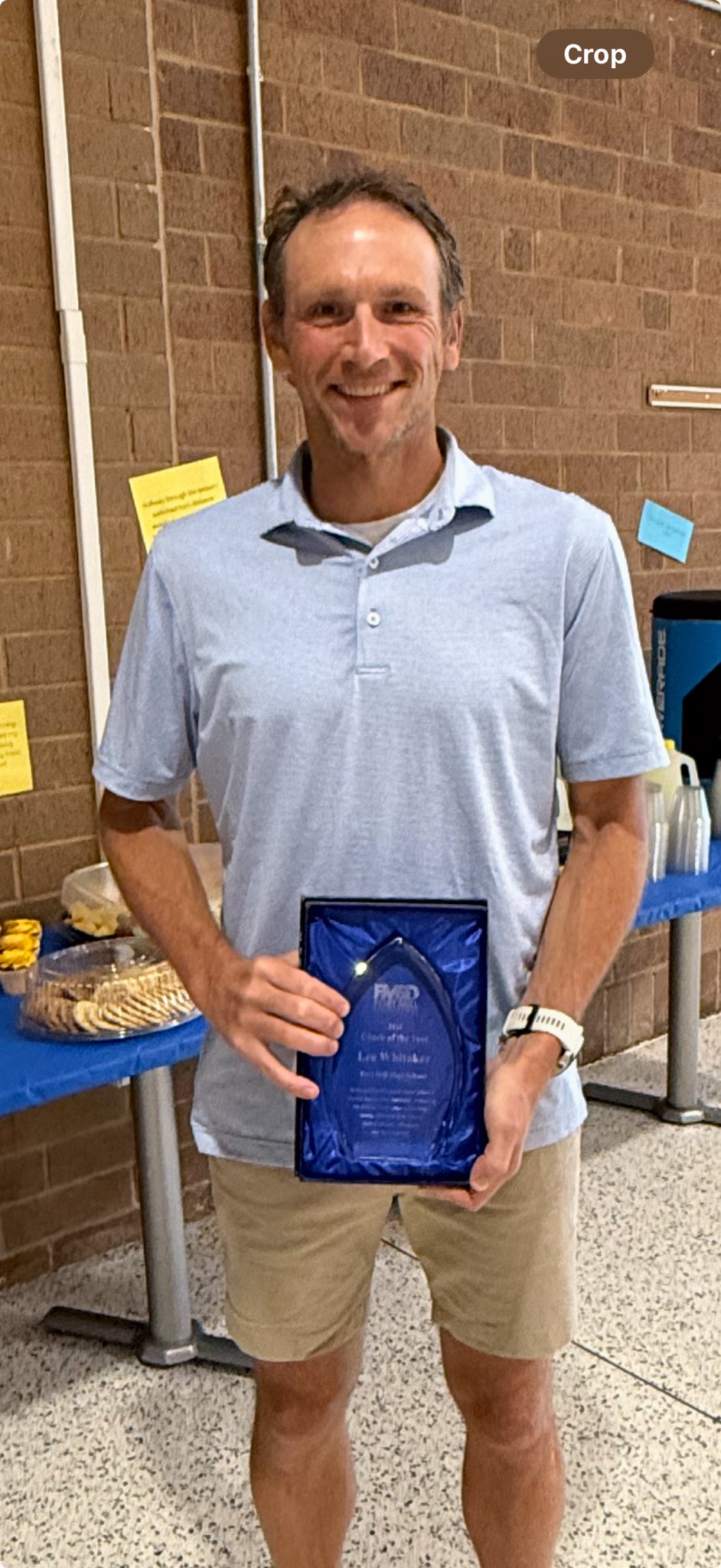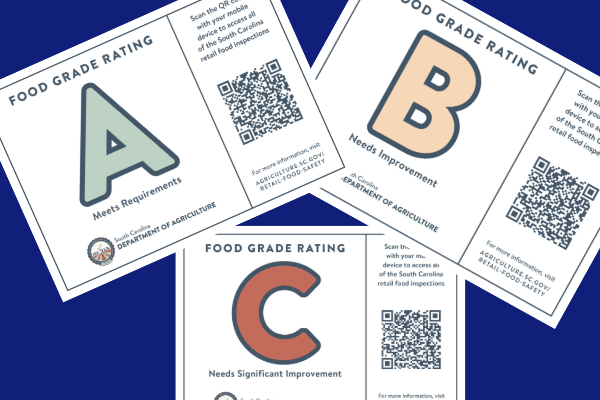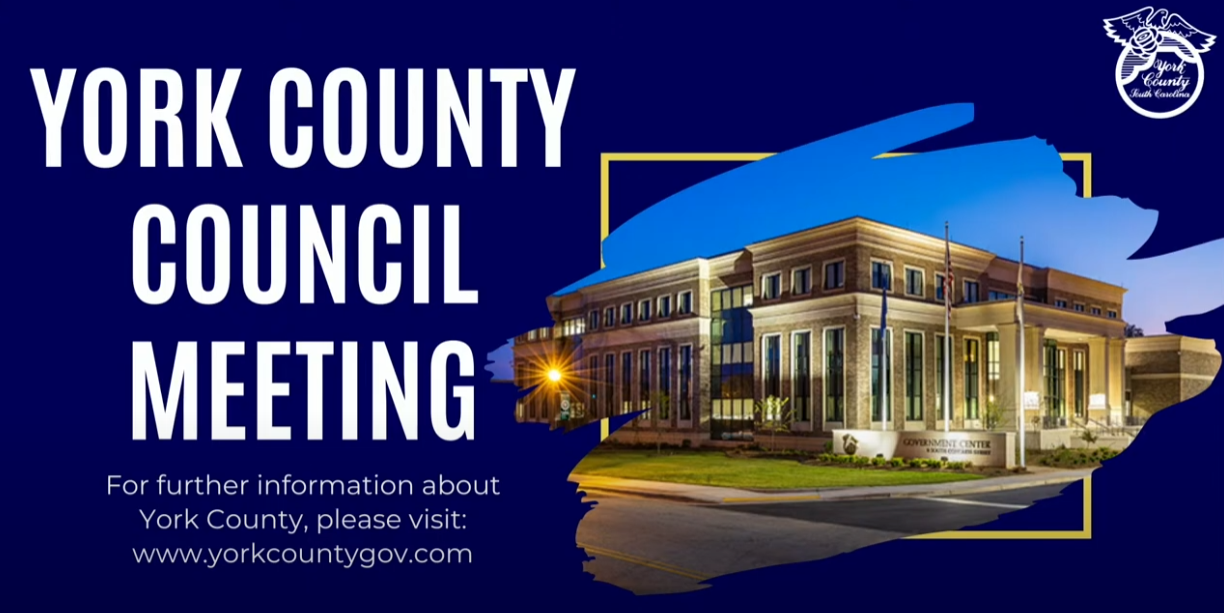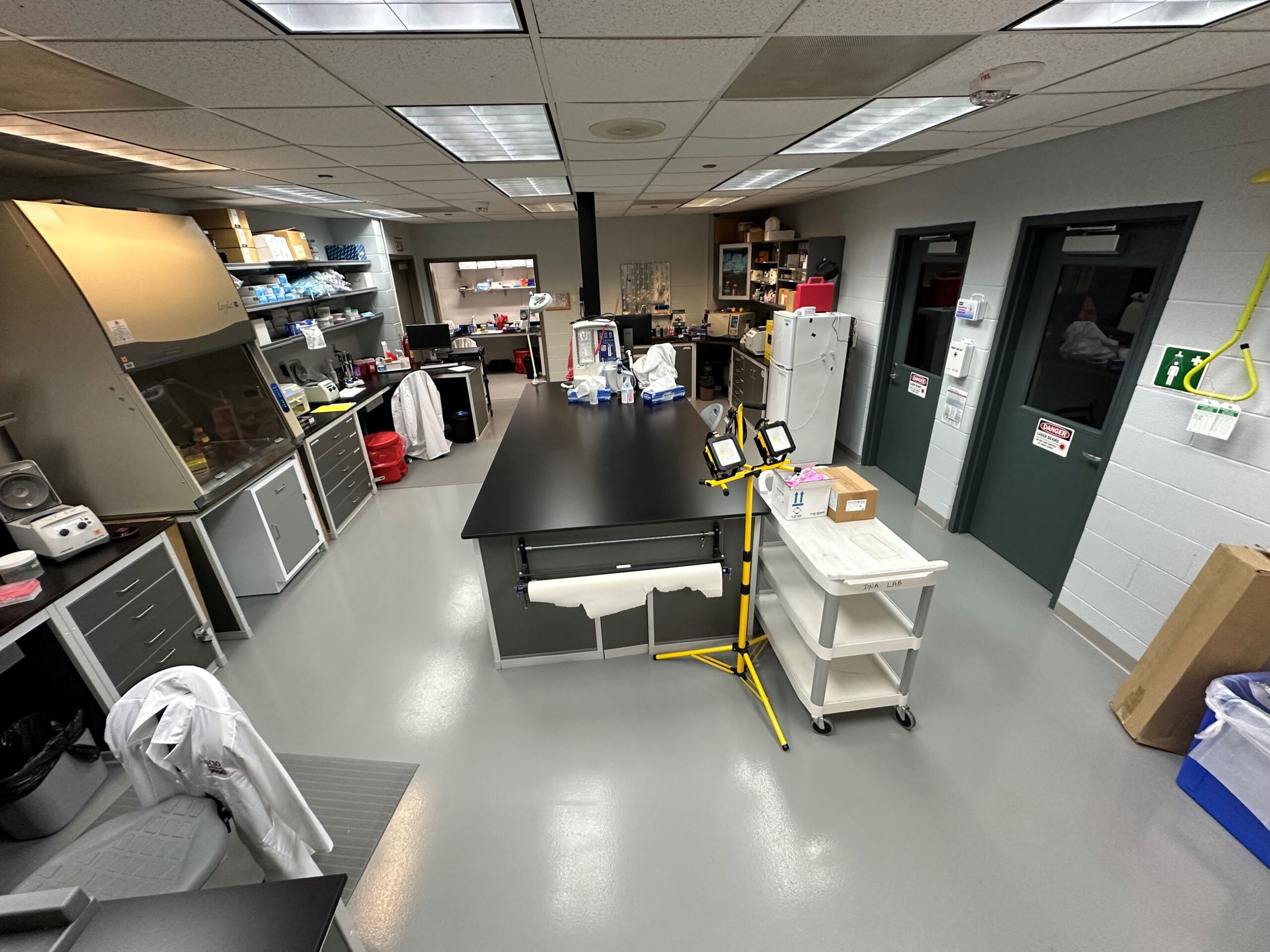ROCK HILL, SOUTH CAROLINA – With support from a $6 million grant from the U.S. Department of Education, Winthrop University will collaborate with three S.C. institutions to create a statewide model for year-long teacher residencies in an effort to recruit and retain aspiring teachers.
As the lead institution, Winthrop’s College of Education, Sport, and Human Sciences will partner with Clemson University, Columbia College, the University of South Carolina at Columbia, and South Carolina’s Center for Educator Recruitment, Retention, and Advancement (CERRA), which is housed at Winthrop.
Called SC RISE (South Carolina Residencies Impacting Schoolwide Equity), the five-year project will be funded through the federal Education Innovation and Research Program.
President Edward Serna ’02 said through SC RISE, Winthrop and its partners are poised to make a lasting impact on teacher preparation and student success across South Carolina. “This grant will build a foundation for sustainable and equitable educational practices statewide,” he said. “We are excited to be launching a statewide initiative to establish teacher residencies as a transformative strategy for improving education. It speaks volumes to Winthrop’s commitment to teacher preparation, recruitment and retention as the university was one of only three award recipients for the early phase competition focused on educator recruitment and retention.”
Winthrop has a proven track record of implementing residency programs through an earlier federal Teacher Quality Partnership grant project, called NetSERVE. Education Dean Beth Costner said the year-long teacher residencies represent a promising preparation model that provides rigorous, “on-the-job” pre-service training before candidates become full-time educators. Educators hope the training will prepare young teachers for the classroom and reduce the high number of teachers leaving the field.
Where year-long internships are something Winthrop already requires of teacher candidates, one of the main differences exist in the financial support, Costner said.
Professionals in other fields, such as architects, engineers, hairdressers and pharmacists, are required to complete paid, supervised work experiences ranging from 1,500 hours to several years before obtaining licensure. The model is touted by Prepared To Teach, a group with expertise in teacher residencies and SC RISE partner.
One area to explore will be paid residencies. Historically, teaching has required experience while expecting candidates to manage costly preparation programs with little, if any, financial support, Costner said. Paid residencies, she emphasized, which the grant will support, alleviate some of the economic burden while enabling aspiring teachers to become fully qualified under the guidance of experienced mentors before leading their own classrooms.
SC RISE is expected to take past residency efforts a step further, according to Lisa Johnson, senior associate to the dean and co-author of the project proposal. “This initiative will explore the implementation of teacher residencies within a schoolwide framework of personalized learning and student support,” she said by incorporating innovative strategies such as flexible, team-based staffing and co-teaching models.
The project will initially focus on middle schools that partner with each participating institution while the collaboration works to establish statewide policies and practices for teacher residencies. Future project phases will include expansion into additional grade levels and regions of the state.
Tracy West, dean of the Division of Education at Columbia College, highlighted the collaborative nature of the grant. “Columbia College is excited to expand existing work with teacher residencies by working together with other leaders in teacher education to develop a common statewide teacher education residency model for South Carolina,” she said.
For more information, contact Judy Longshaw, news and media services manager, at [email protected].
SC RISE is funded by the US DOE Educational Innovation and Research Grant Award #S411C240077.



